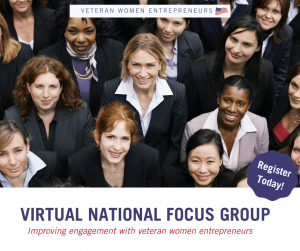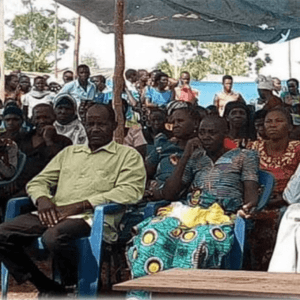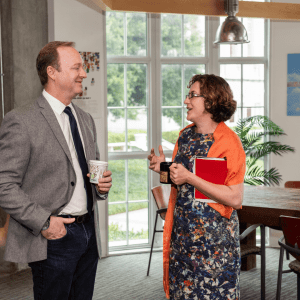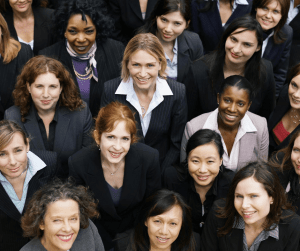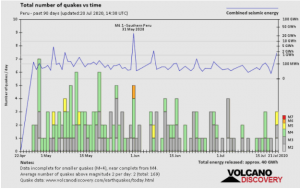The Hunt Institute’s Global Development Lab project with the Veteran Women’s Enterprise Center (VWEC) in Dallas, Texas called Moments that Matter is hosting virtual focus groups with the goal to improve engagement with women veteran entrepreneurs. In order to obtain first-hand information, the project seeks to find veteran women business owners to inform the creation of a national assessment tool. The shift from in-person to online due to the COVID-19 response has resulted in an unexpected benefit – the focus group can have national representation.
Undergraduate research analyst Scott Zuo reflects on his experience working on the project, “So far, after inputting data and transcription from the past focus groups, I realized that most of the data is really valuable and meaningful for analysis purposes. The questions are so well developed that all the responses and answers to them perfectly represent the background of each participant. And it helps a lot for us and our affiliate to find patterns and moments that matter the most from the data.”
The sessions are open to veteran women entrepreneurs who are currently in business and have owned that business for at least one year. Eligible candidates can USE THIS LINK to register for a focus group that coordinates with their schedule. Focus groups will run through the end of November 2020 and are small by design to afford a depth of conversation and feedback over the course of an hour that would not be possible with larger groups.
In this era of COVID-19 economic disruption, real-time data-driven decisions are critical to the recovery, stabilization, and growth of small business communities that help build local economies. The tool will reflect first-hand feedback that will help chart the pivotal moments of running a business and finding the most important needs in those critical intersections. Because the groups are national, this tool will be able to study the recurring business patterns that women veteran entrepreneurs have in common and how their experiences may differ from non-veterans. The perspective provided by participants in the focus groups will inform decisions made by veteran support agencies, like the VWEC, to better provide the resources needed to overcome their challenges and contribute to their successes.
The Moments that Matter focus groups are the passion project of VR Small. She speaks to her motivation, “Why I am so determined to drive the collection and application of real-time data about women veteran entrepreneurs is because I know the impact; I know we are not just building businesses; we’re transforming lives. When we help a women veteran owner’s business succeed, we strengthen our family structures, create community resources, and fuel our nation’s economy. My personal slogan is changing the way we see the world and do business, and as a leader that’s what I strive to achieve every day.”
To read more about the Hunt Institute’s work to develop future-focused solutions to some of the world’s biggest problems, please click here. For the latest news on the Hunt Institute, follow our social media accounts on LinkedIn, Facebook, Twitter, and Instagram. We invite you to listen to our Podcast called Sages & Seekers. If you are considering engaging with the institute, you can donate, or sign-up for our newsletter by emailing huntinstitute@smu.edu.

